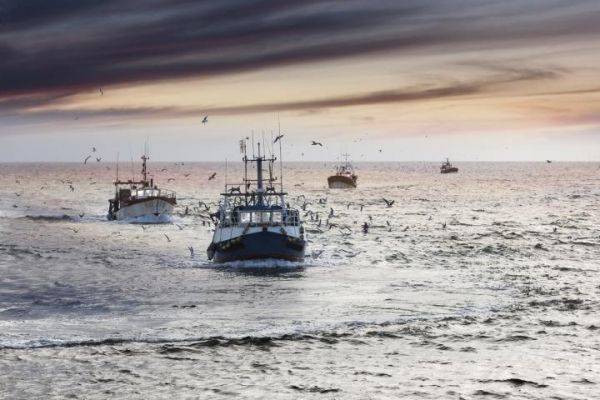Over the past half century, the global food production system has stably supplied the rapidly growing human population. However, unpredictable events like war or volcanic eruptions could rapidly disrupt food production and leave the shelves of grocery stores empty.
An international study co-led by the Institute of Environmental Science and Technology of the Universitat Autònoma de Barcelona (ICTA-UAB) and published in the journal Proceedings of the National Academy of Sciences (PNAS), provides the first estimates of how the global oceanic fishery would fare following a nuclear exchange. The study involves researchers from McGill University (Canada), University of Colorado Boulder, University of Texas Rio Grande Valley, U.S. National Center for Atmospheric Research, and Rutgers University (U.S).
Researchers find that although fisheries cannot offset the large loss of agricultural production on land, they have the potential to act as a buffer - but only if fisheries are in a healthy state before the food shock occurs.
“Climate model simulations have shown that dust, produced by fires in a nuclear exchange, would reduce global agricultural production”, explains lead co-author Cheryl Harrison, a professor at University of Texas Rio Grande Valley. “Here we show that global fish populations also suffer reduced growth under these conditions, as oceans become colder and darker.” Researchers estimate that a nuclear war might cut the amount of seafood that fishing boats are capable of bringing in worldwide by as much as 30%.
Read more at Universitat Autonoma de Barcelona
Image: A new international study argues that, if managed sustainably in advance, global fisheries could alleviate food shortages even after a nuclear war. (Credit: NOAA)


